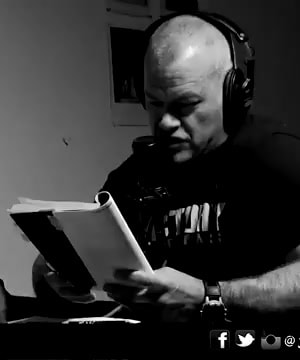Should we trust our own knowing?
Sources:
Trusting one's instincts or intuitive knowing can be a valuable guide in decision-making and personal growth, depending on how those instincts are cultivated and informed. Here are some perspectives from experts on the topic:
-
Cultivation of Instincts: argues that instincts are not just mystical impulses, but are shaped by one's personality, experiences, reading, and education. This view suggests that enhancing one's knowledge and experiences can refine one's instincts, making them more reliable 1.
-
Instincts and Self-Compassion: emphasizes the importance of honoring our body's desires as expressions of deeper longings for safety and comfort, which she links to self-compassion. Listening to these primal instincts can foster a greater sense of self-acceptance and connection to our natural state 2.
-
Hazards of Over-Reliance on Instincts: provides a counterpoint, highlighting risks associated with relying too heavily on instincts. He mentions biases like confirmation bias and motivated reasoning, which can distort our perceptions and decisions if we trust our instincts without skepticism or reflection 3.
-
Instincts in Creativity and Leadership: Instincts play a role in creativity and leadership as well, where trusting one’s instincts can sometimes lead to innovation. However, notes that these instincts must be well-informed and continually refined through learning and experience 4.
-
Recovery and Personal Growth: In the context of personal growth and recovery, like during sobriety, trusting one's instincts can be problematic if those instincts are shaped by past traumas or negative patterns. discusses the journey towards being able to trust one's instincts again, emphasizing the need for self-awareness and external guidance in the process 5.
In conclusion, while trusting our instincts can be beneficial, it is crucial to ensure that these instincts are well-informed, checked against real-world evidence, and continually refined through new experiences and learning. This approach helps in making balanced decisions that align with one’s goals and values.
RELATED QUESTIONS-


